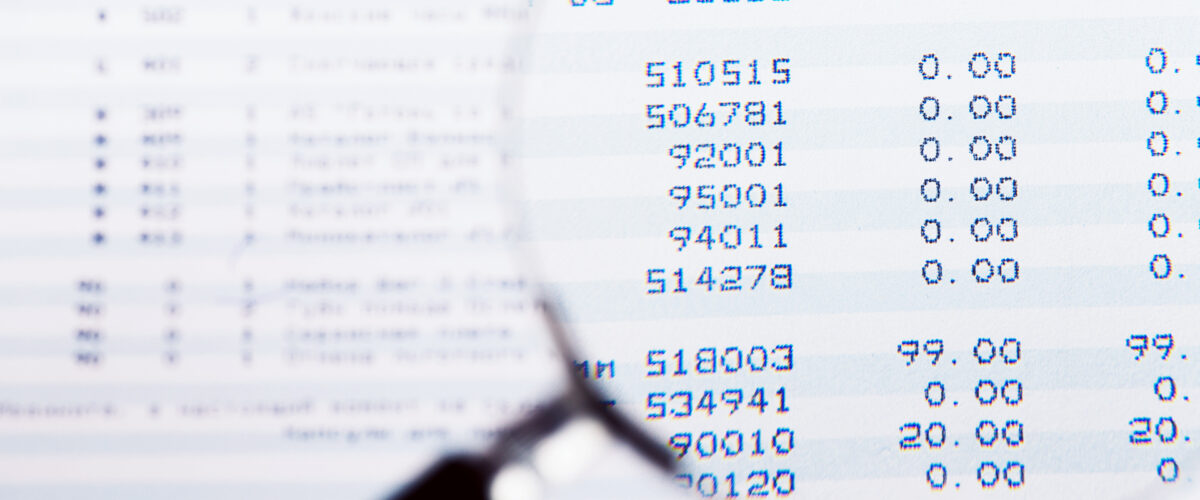article / 22 May 2018
Anti-corruption efforts: more than a regulatory compliance issue

There is a clear international trend in anti-corruption measures. Increasing numbers of countries are adopting tougher anti-bribery legislation and imposing greater requirements on companies to take a preventive and systematic approach to combatting corruption. For example, France has recently introduced new legislation, known as Sapin II, requiring companies of a certain size to have anti-corruption programmes in place or face fines. In addition, large fines are issued every year for taking bribes. Total fines issued by US authorities under the Foreign Corrupt Practices Act (FCPA) are consistently high and amounted to a record USD 2.5 billion in 2016. In 2017, the amount was just under USD 2 billion.
The life sciences industry and health care sector are areas that are particularly vulnerable to the risk of corruption and anti-corruption authorities are subjecting these areas to particular scrutiny. This is, in part, because of the frequent and close contact between the industry and healthcare personnel, the use of third parties and the regulatory environment in which life sciences companies operate.
These risks are therefore generally well known within the industry and a number of initiatives are undertaken to manage the risk of corruption, including through self-regulation. It is particularly worth mentioning the agreement regarding rules of cooperation concerning healthcare financed by public funding, the pharmaceutical industry, the medtech industry and the labtech industry, which was established in 2013 between the Swedish Association of Local Authorities and Regions (SALAR), the Swedish Association of the Pharmaceutical Industry (LIF), Swedish Labtech and Swedish Medtech. An agreement was also recently signed, with the support of the Swedish Anti-corruption Institute, between SALAR, The Association of Private Care Providers, and employer association KFO to combat bribery and corruption in health care, social care and personal assistance. Through self-regulation, clear frameworks are created within which operators can act without risk of breaching legislation, thus creating a positive, effective tool in the fight against corruption. Of course, self-regulation also has to be supplemented by policies and guidelines in companies’ own operations, based on the specific risks that exist in a particular company. This requires businesses to have done their homework in the form of a corruption risk analysis.
But effective anti-corruption measures are about much more than just having rules in place and complying with legislation. There has to be a culture that promotes ethical behaviour and in which management’s words and actions signal clear condemnation of corruption in all its forms. This also involves creating an understanding in businesses of what corruption is and the serious adverse impact it has.
The World Bank considers corruption to be the greatest threat to development, both social and economic. According to World Bank estimates, almost unimaginable sums are paid in bribes each year around the world; over a trillion US dollars in bribes alone, and the cost of corruption is estimated at around 5 percent of global GDP. The consequences of corruption consistently hit the poorest hardest. In countries with severe corruption, corruption prevents efficient access to basic social functions such as health care and there are also correlations between a high level of corruption and high infant mortality.
The occurrence of corruption is detrimental to investment and makes trade more expensive, as bribery equates to a hidden tax on trade. Corruption also has an adverse impact on market mechanisms, ultimately always leading to worse transactions. And corruption causes significant damage within organisations. An organisational culture in which bribery is permitted in order to progress is a culture that could lead to other irregularities. Why should an individual employee follow the rulebook if the company not? Operational consequences should not be underestimated. Sometimes an entire internal bureaucracy is created to conceal the taking of bribes and other breaches of rules; resources that should instead be allocated to the core business activities. In 2014, the OECD estimated that corruption increases business costs by 10 percent. Perhaps a less quantifiable but very real cost of corruption for a business is the loss of trust and damage to brand. Costs of this type can be significant and can arise even if there are only suspicions of corruption at a company. Financial incentives for preventing cases of bribery are consequently far greater than the risk of fines.
It’s essential to understand the damaging effects that corruption has, particularly in order to avoid rules being dismissed by individuals on the basis that taking bribes is a ‘victimless crime’ – something which it most definitely is not. Companies, organisations and authorities in these sectors have to take this issue extremely seriously by means of systematic and structured anti-corruption measures.
– Natali Phalén, Secretary General of the Swedish Anti-corruption Institute.
The Swedish Anti-corruption Institute is a non-profit organisation founded in 1923 that has campaigned for good practice in business and society as a whole, mainly through the dissemination of information and self-regulation to prevent bribery and the use of other undue advantages. The Swedish Anti-Corruption Institute oversees such self-regulation, known as the Business Code.
SALAR, the Stockholm Chamber of Commerce and the Confederation of Swedish Enterprise are principals of the Swedish Anti-corruption Institute. LIF, the Swedish Trade Federation, the Swedish Construction Federation and the Swedish Banking Association are partner organisations. Organisations and companies can become supporting members of the Swedish Anti-corruption Institute.
Contact:
Practice areas:
